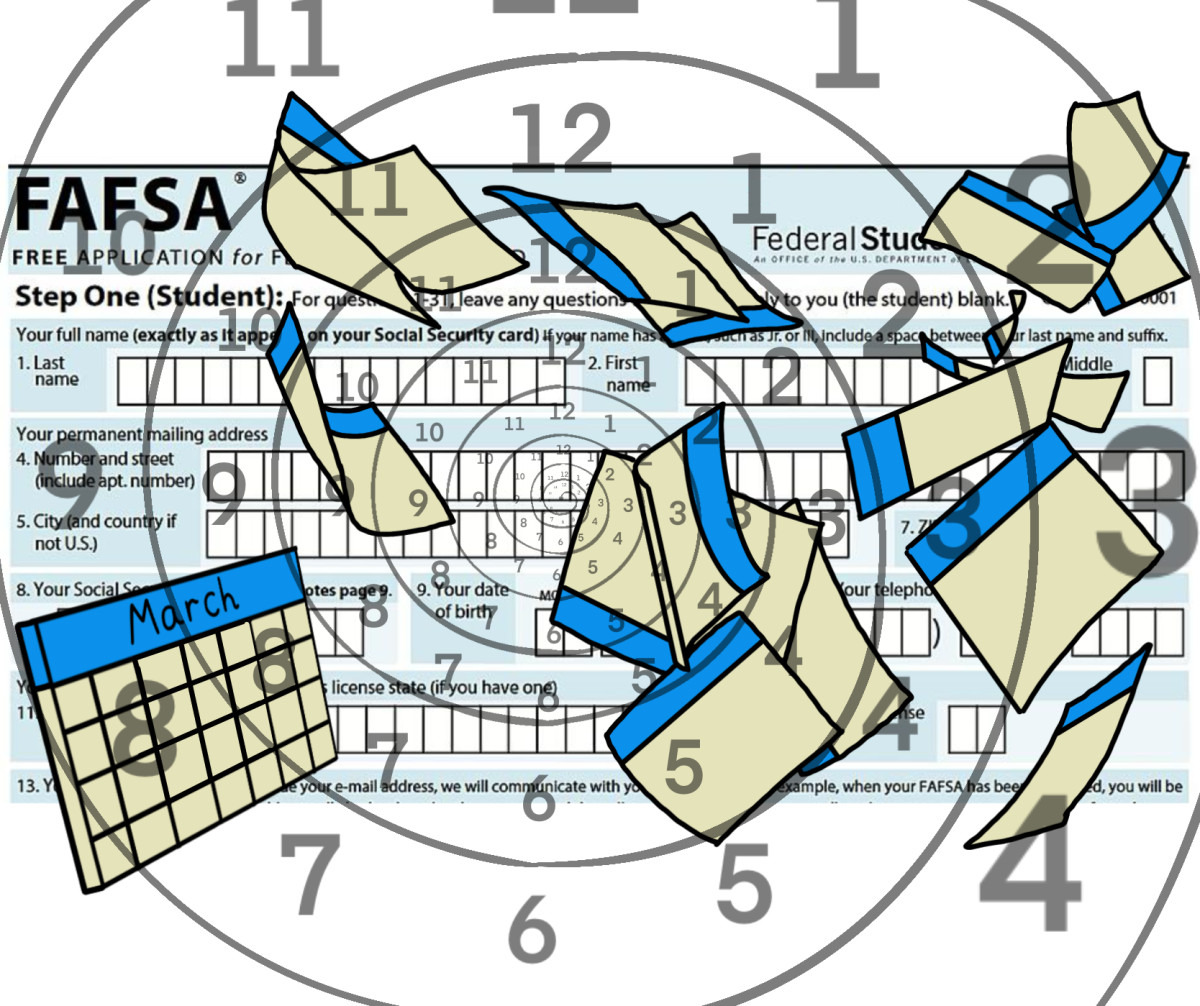[Updated at 9:56 p.m., corrected misspelling]
To work as a teaching assistant, most international graduate students have to pass an English assessment, but language still creates a disconnect in UT classrooms.
Graduate students who earn a low but passing score can serve as TAs if they take a teaching and culture class over the course of their first teaching semester, said Michael Smith, director of English as a Second Language Services in the International Office. Smith said out of UT’s 600 international graduate students, about 420 passed the English language assessment and about 120 passed conditionally.
“We work with departments and find out the typical interactions they have in class,” Smith said. “Those who fail have to retake the test before they would be allowed to go back in the classroom.”
Smith said if most student-to-TA interaction will be in another language, the international graduate student does not have to take the assessment, but he or she does have to complete an online workshop about the University’s academic atmosphere.
“We don’t really care if they speak English, but we do care about their intercultural communication,” Smith said.
Corporate communications junior Mary Clark said her first semester in Spanish 601 was unnecessarily difficult because her TA’s native language was Korean. She said her TA could communicate in Spanish, but when trying to talk in English, the students and TA had trouble communicating with each other.
“We couldn’t explain to her what we didn’t understand,” Clark said.
Clark said the Spanish class was fast-paced which made it harder for the class to keep up with the TA.
“We’re from Texas, and we have our own jargon,” Clark said. “She’d never heard that before, so it was a culture shock.”
Clark said the class did not prepare her for the next Spanish course, and she had to spend a lot of time in office hours the next semester to catch up with the other students.
She said UT could help graduate students ease into the language and culture by having them shadow other TAs before they teach.
“They can see how the class is paced and get a feel for the students in the class and where they are in their own comprehension,” Clark said. “Get used to being around Texas students before putting them in a class with 30 kids.”
Art history graduate student Roja Najafi is a teaching assistant from Iran whose first language is Farsi, but she grew up speaking English. She was exempt from the English language assessment because she had earned a degree in the United States. She helped fellow international graduate students study for the required English test, which is conducted orally and graded by a panel.
“If it was a recording, it might be better,” Najafi said. “But I think it’s a good way to monitor the communication between TAs and students.”
Najafi said she encourages her students to correct her so she can better explain the concepts to her students.
“I think it is important to be able to communicate in a good way,” Najafi said. “I’m not communicating with a blackboard; I’m communicating with a student.”
Printed on Thursday, November 3, 2011 as: Students, TAs struggle with language barriers


















